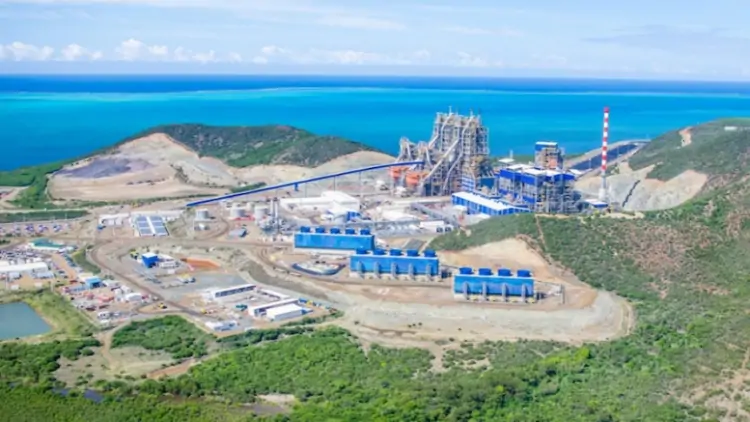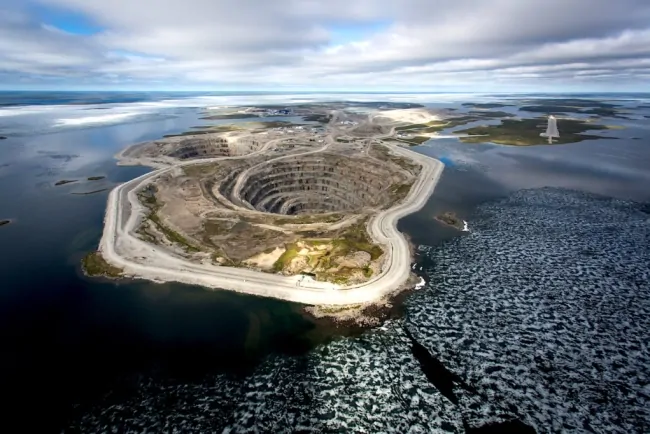Glencore to sell stake in troubled New Caledonia nickel operation
Glencore (LSE: GLEN) said on Monday it will close and sell its stake in the loss-making Koniambo Nickel SAS (KNS) business it co-owns in New Caledonia, as a sharp drop in the metal’s price continues to hit the industry.


The Swiss miner and commodity trader said it would look for a new partner for the nickel mine and processing plant in the French territory, adding that it would leave the operation ready for a quick reopening if a new investor is found.
Glencore is also seeking to sell its 49% stake in the company, KNS said in a separate statement.
“The pressures in the global nickel market are becoming increasingly apparent,” Colin Hamilton, managing director for commodities research at BMO Capital Markets, wrote at the end of January.
“We have noted that further temporary or permanent capacity cuts were required to balance the nickel market following last year’s surplus, but it is yet to be seen whether sufficient adjustment has taken place,” he said.
Glencore’s decision comes as prices for the metal used in stainless steel and electric-vehicle batteries have almost halved over the past year, seriously affecting producers.
Wyloo Metals, the nickel company owned by mining magnate Andrew Forrest, announced in January that it was closing its Western Australian mines. Other major players like BHP (ASX: BHP) and First Quantum Minerals (TSX: FM) are also suffering, while many smaller miners have stopped building or gone into administration.
The French government, which has authority over New Caledonia, has been mulling a rescue plan for the islands’ nickel sector, including emergency loans. Paris has proposed reducing the energy bills by around €200 million ($215.3 million) per year, but talks will continue until the end of February.
“For over ten years, Glencore has been the primary funder of KNS without ever realizing a profit,” Glencore said in the statement. “Even with the French government’s proposed assistance, high operating costs and current very weak nickel market conditions means KNS remains an unprofitable operation.”
According to Glencore, KNS has contributed US$5.6 billion in economic benefits to New Caledonia since 2012 from construction (US$1.7 billion) and operations (US$3.9 billion), including US$3 billion spent on goods and services and the payment of US$950 million in local salaries.
Glencore said last year it would stop financing Koniambo by the end of this month. The Baar, Switzerland- based mining giant, which originally planned to keep its stake in the operation, proposed mothballing the facility and shifting to nickel ore exports instead.
The move would make even more waves in the battered sector. Not only would it cost about 1,300 local jobs, but it would also increase Asia’s dominance over the nickel supply chain after the growth of processing capacity in China and Indonesia.
Glencore has committed to keep all KNS employees on for a period of six months to aid in the transition.














